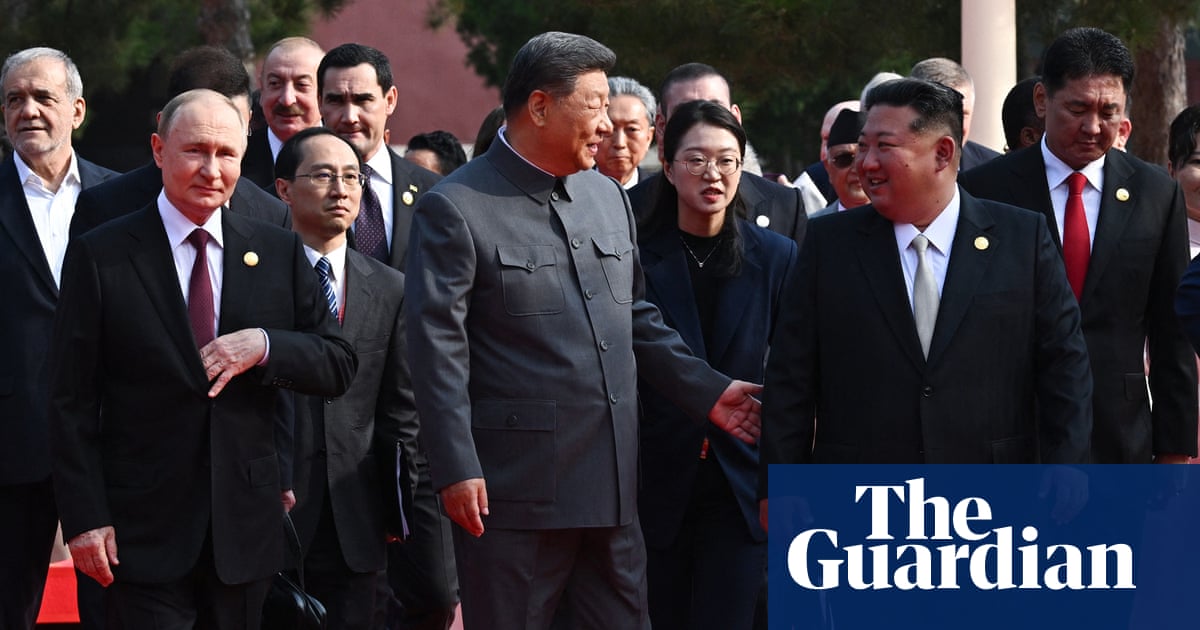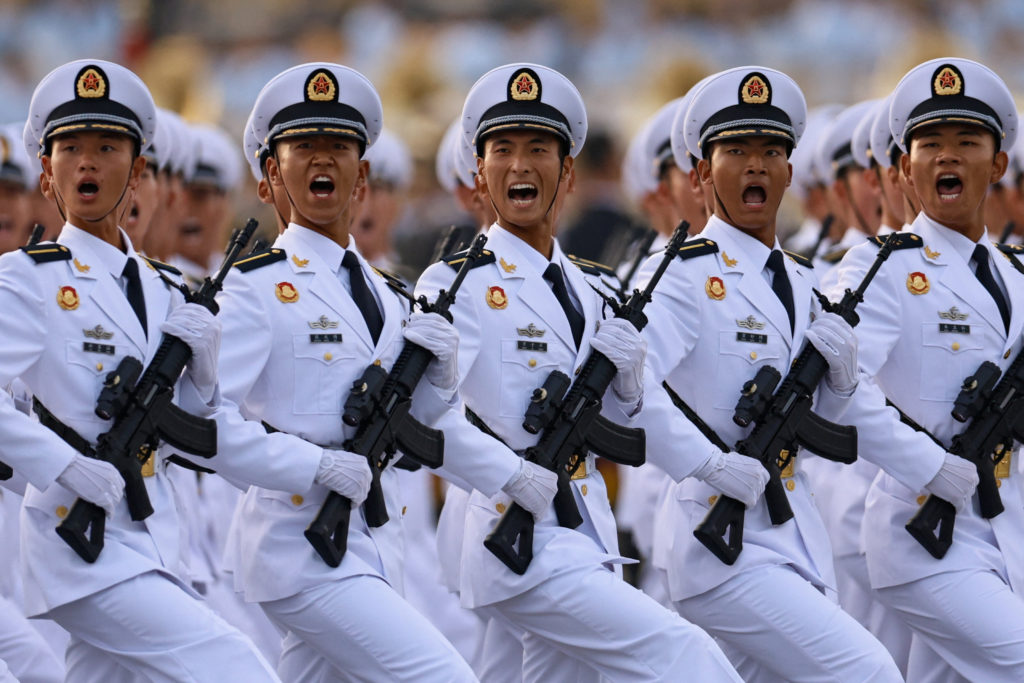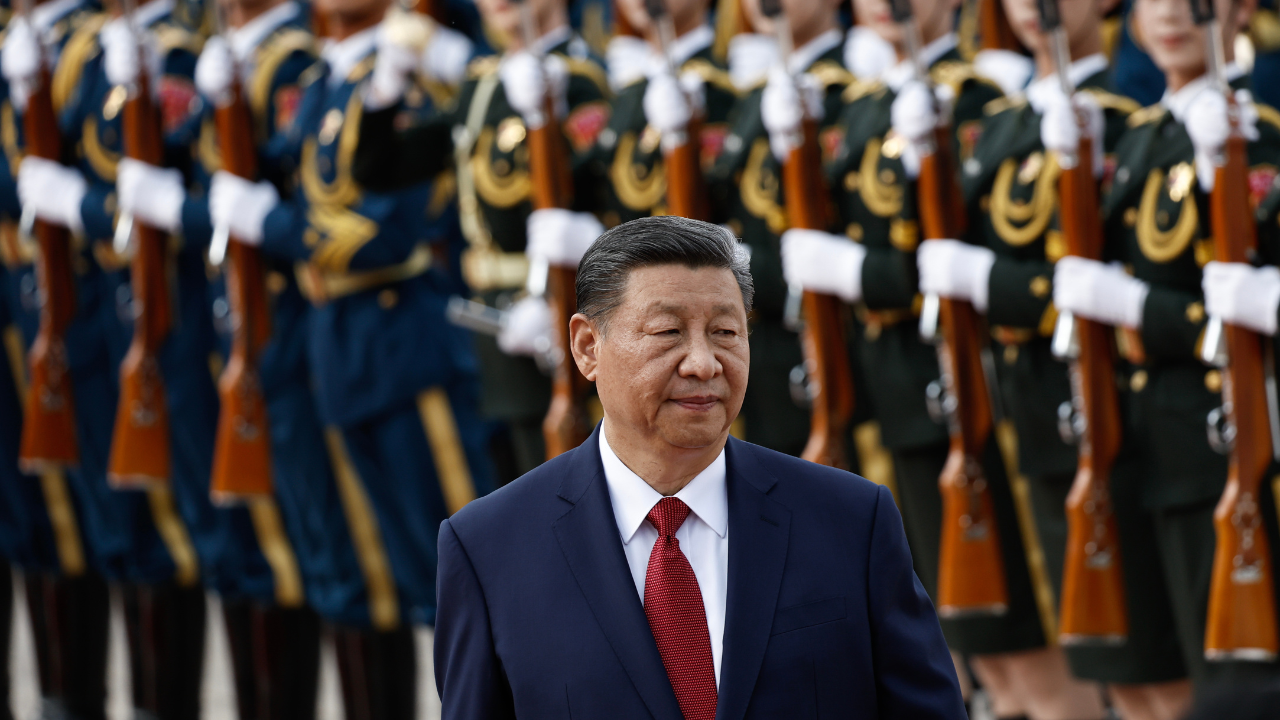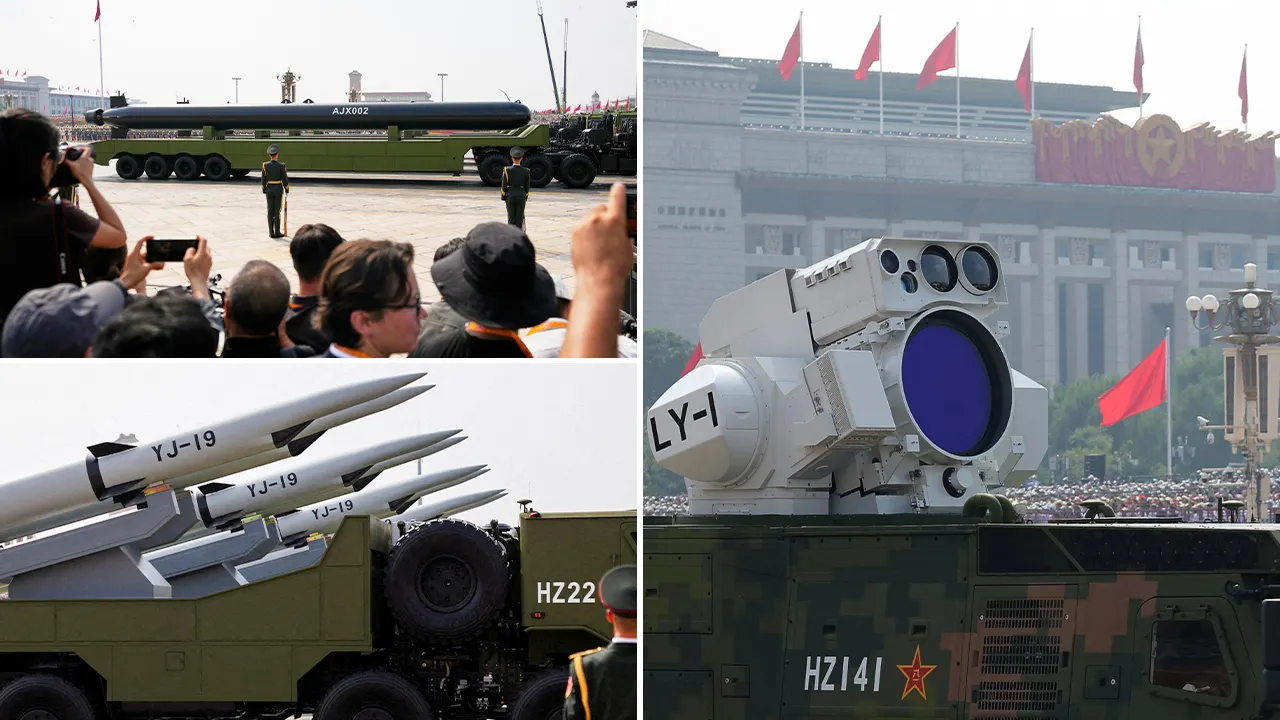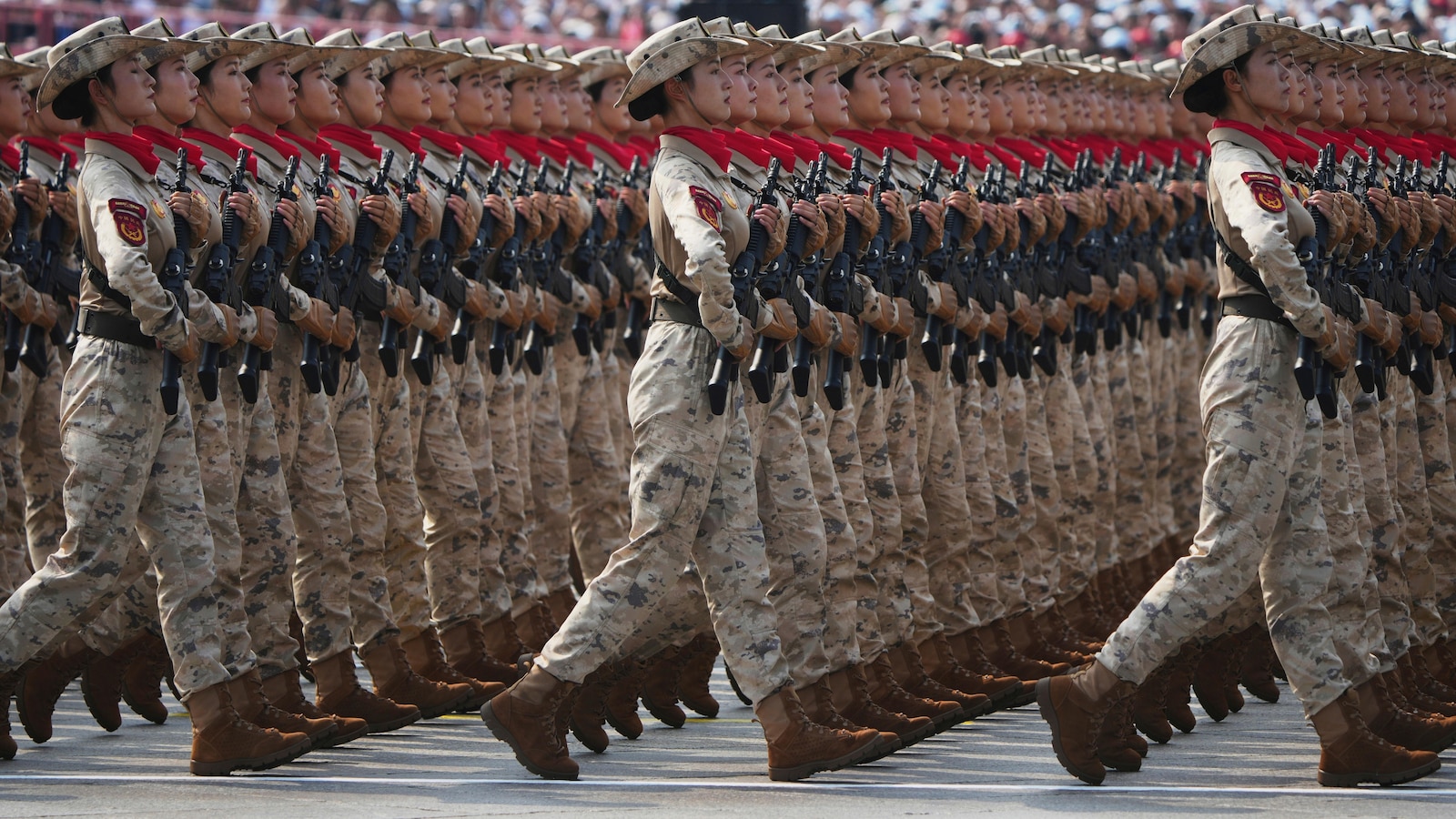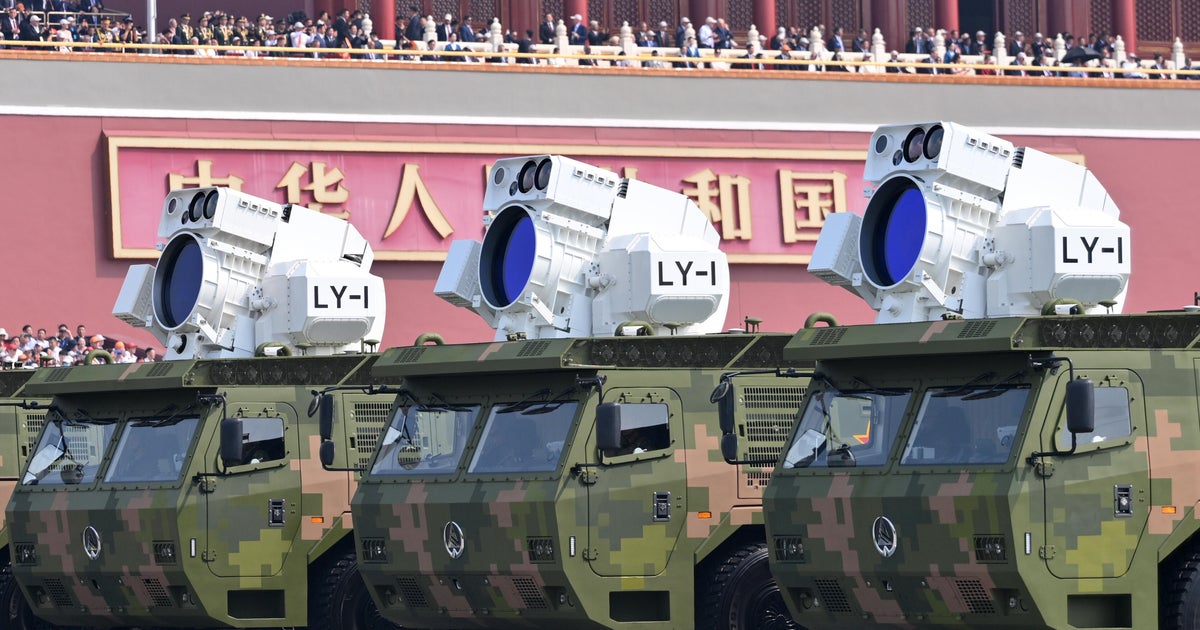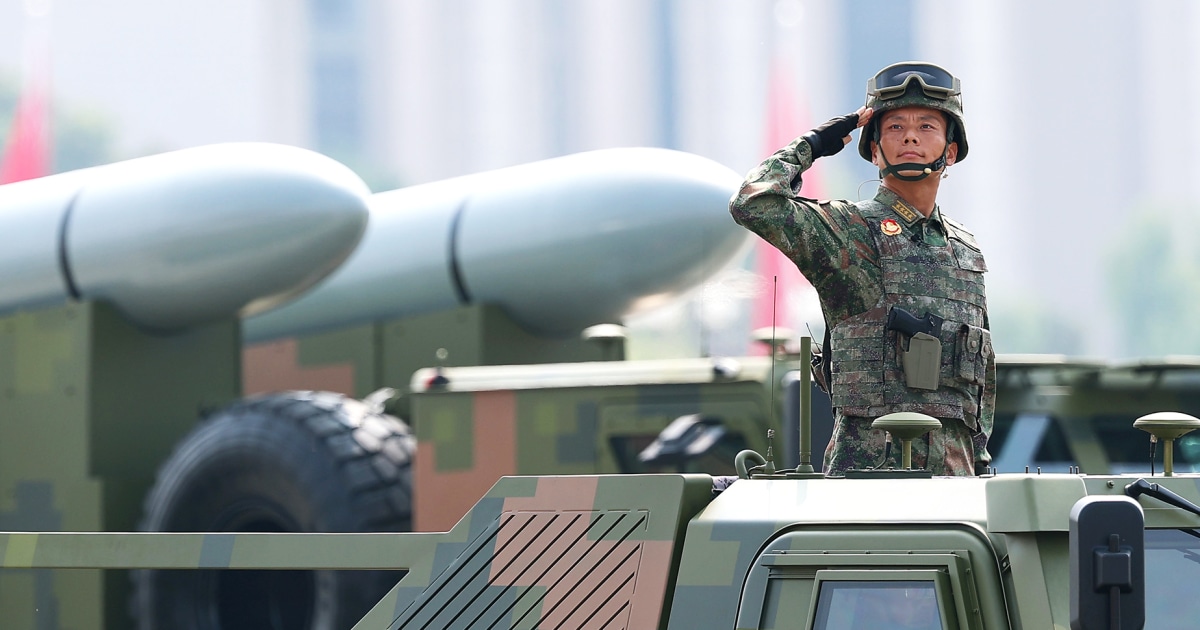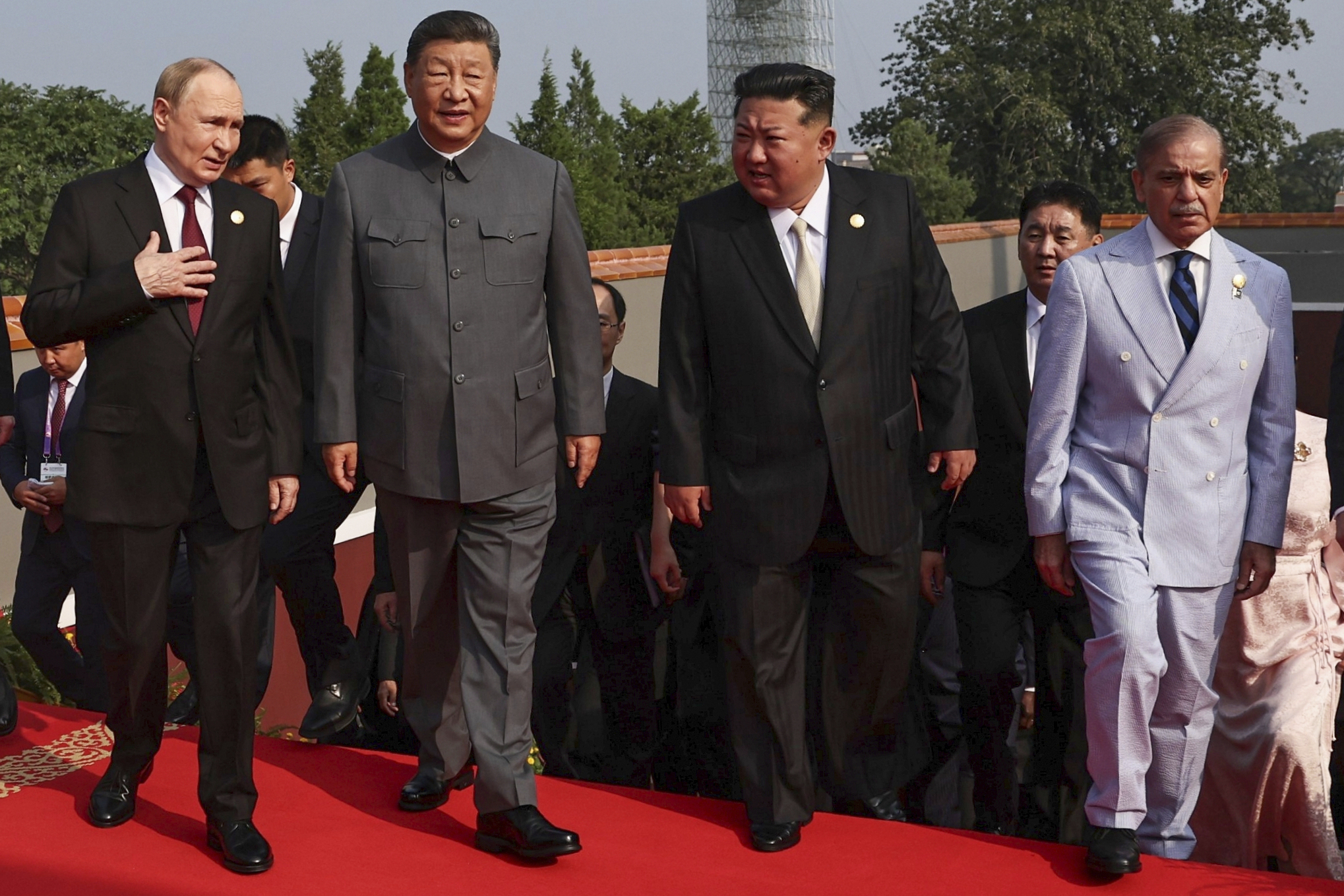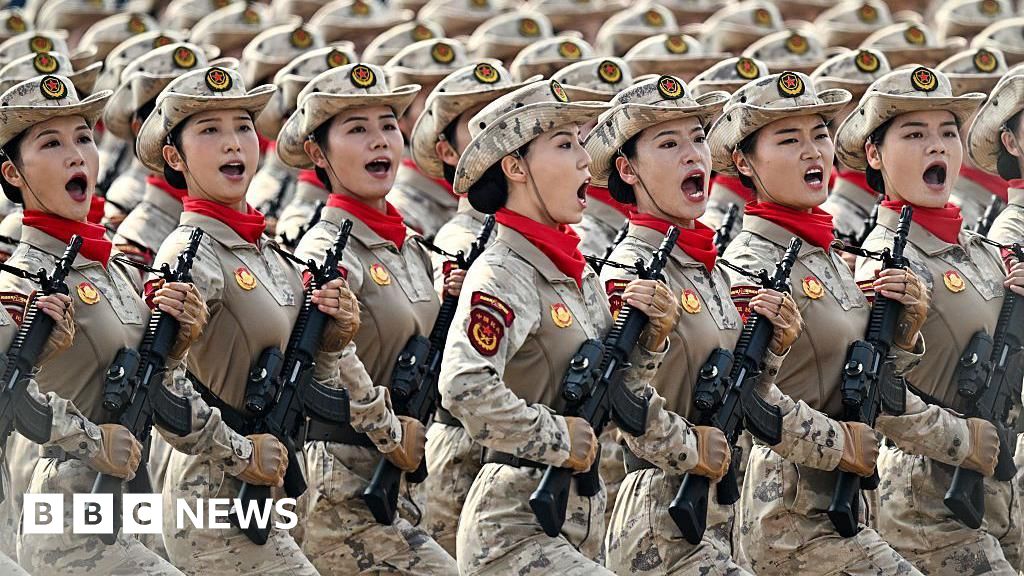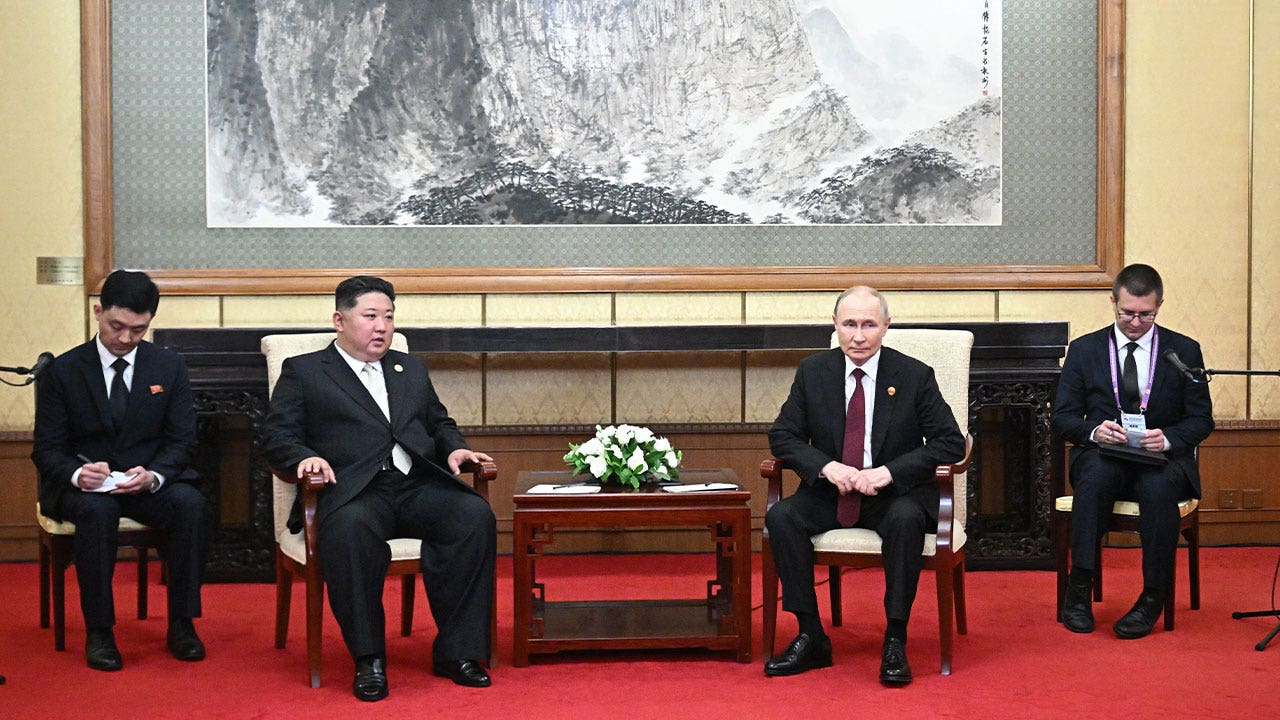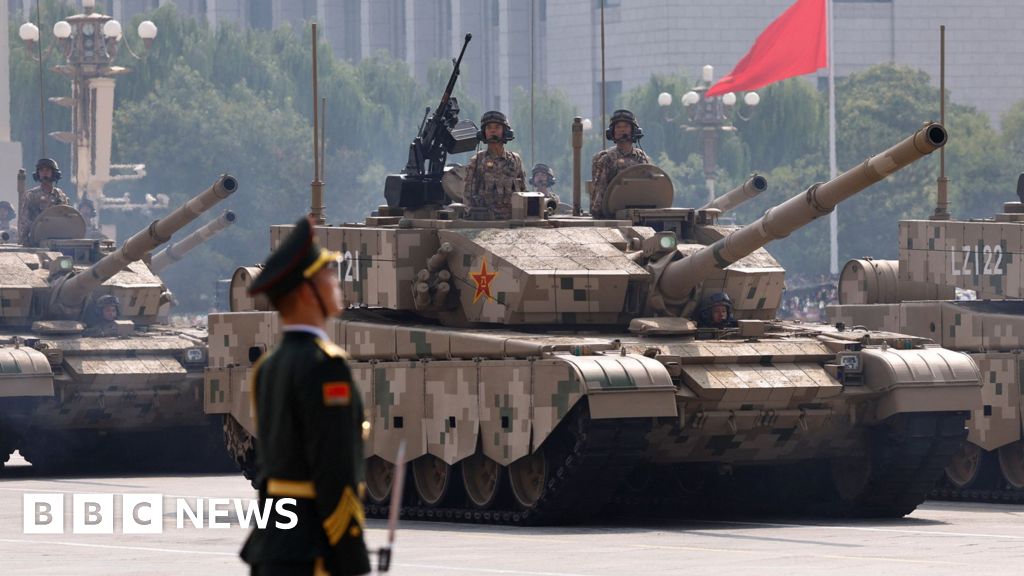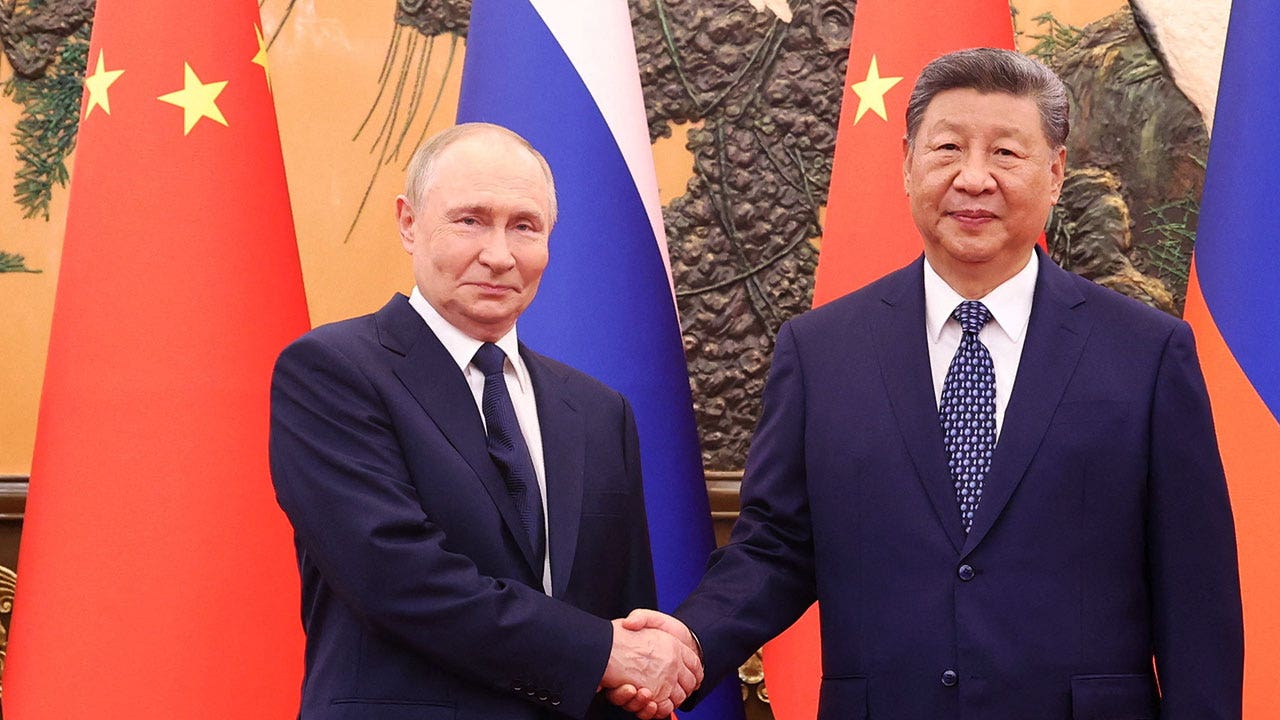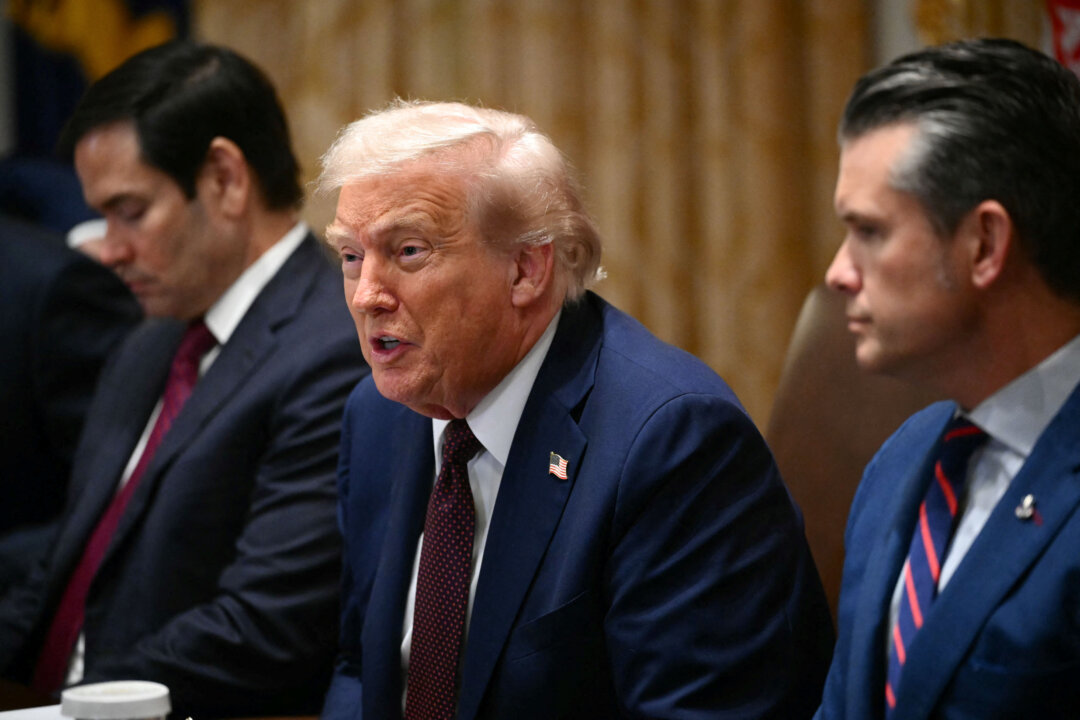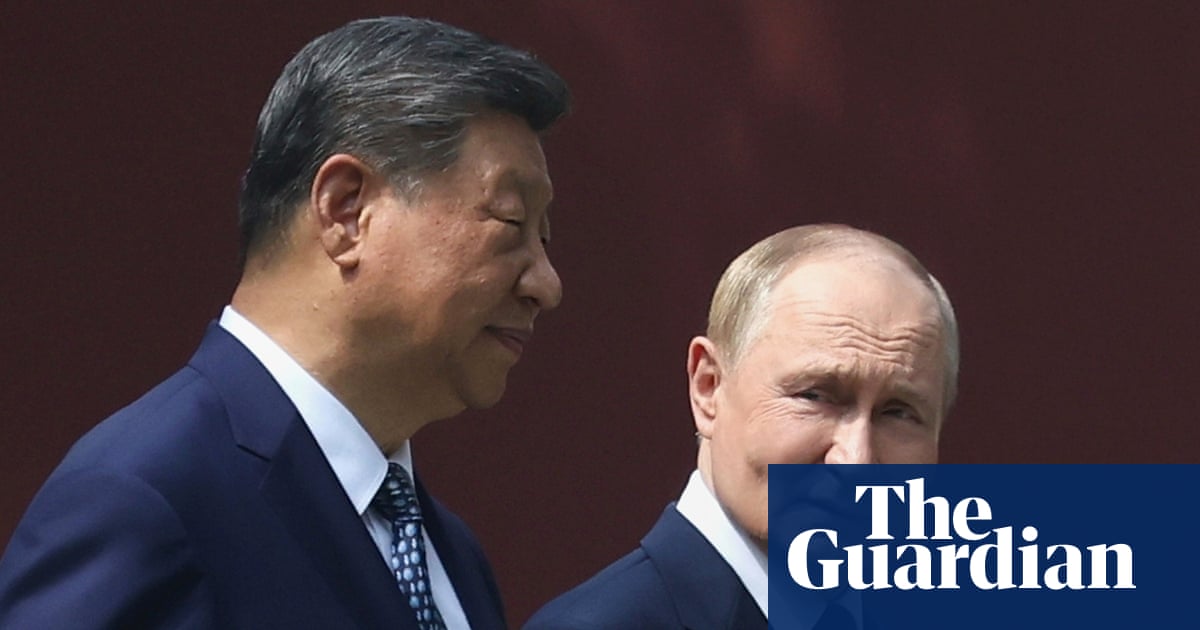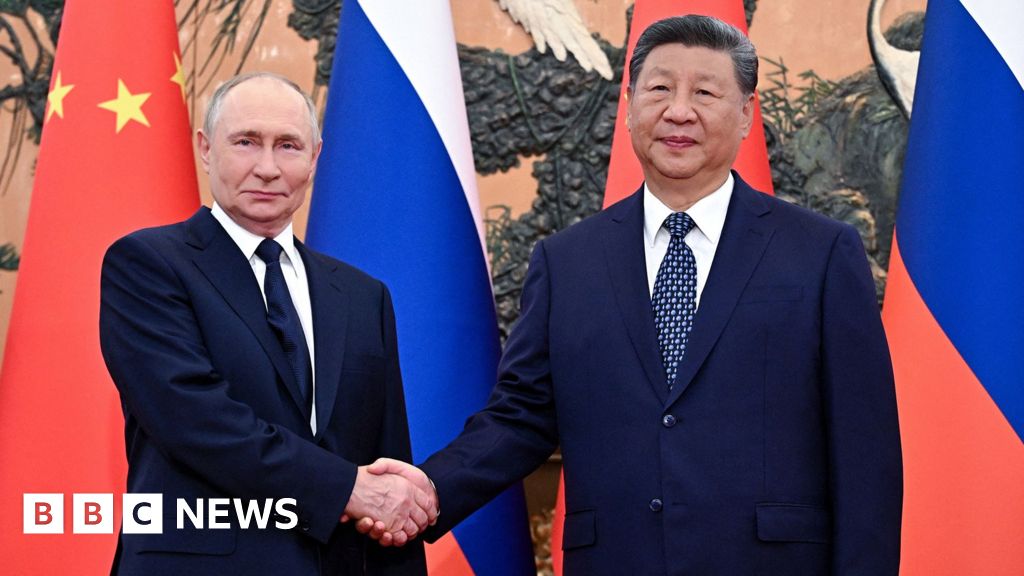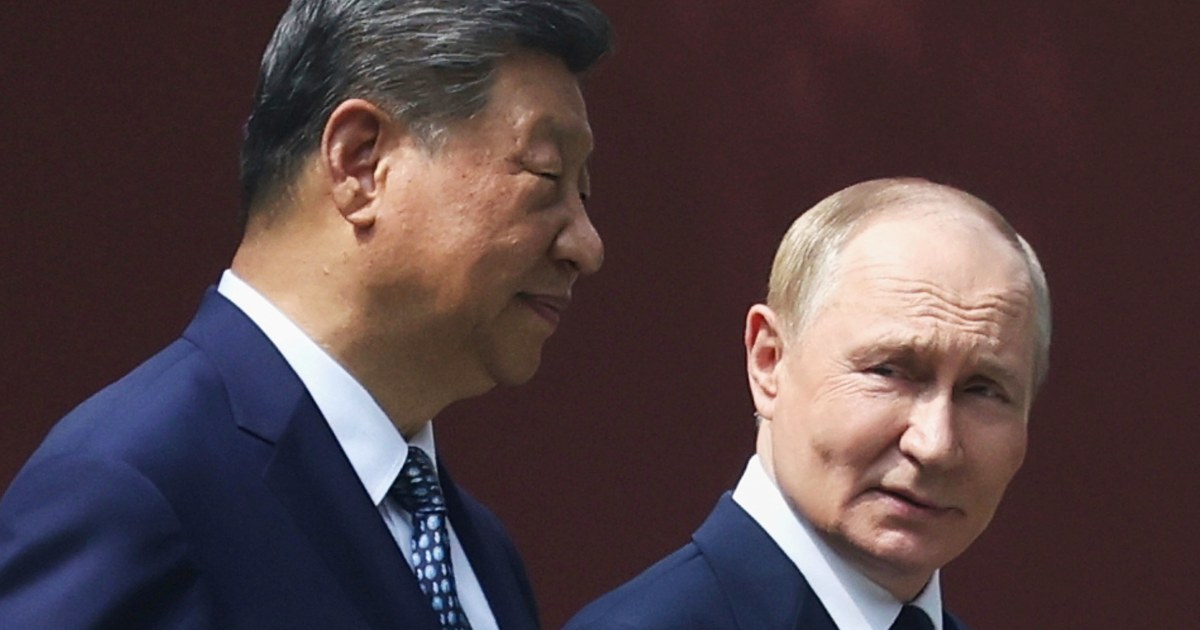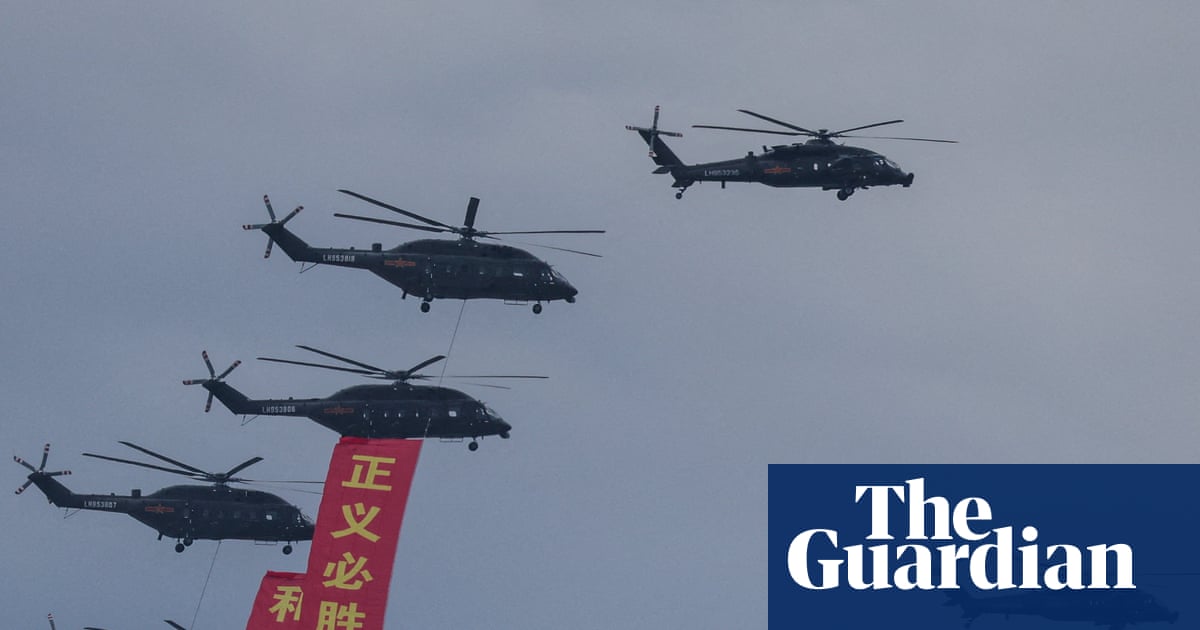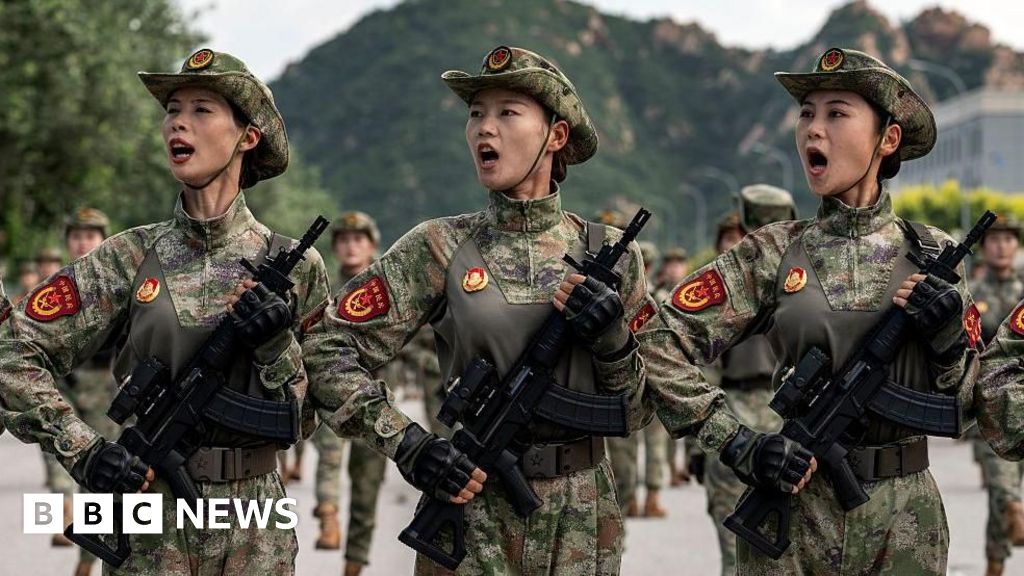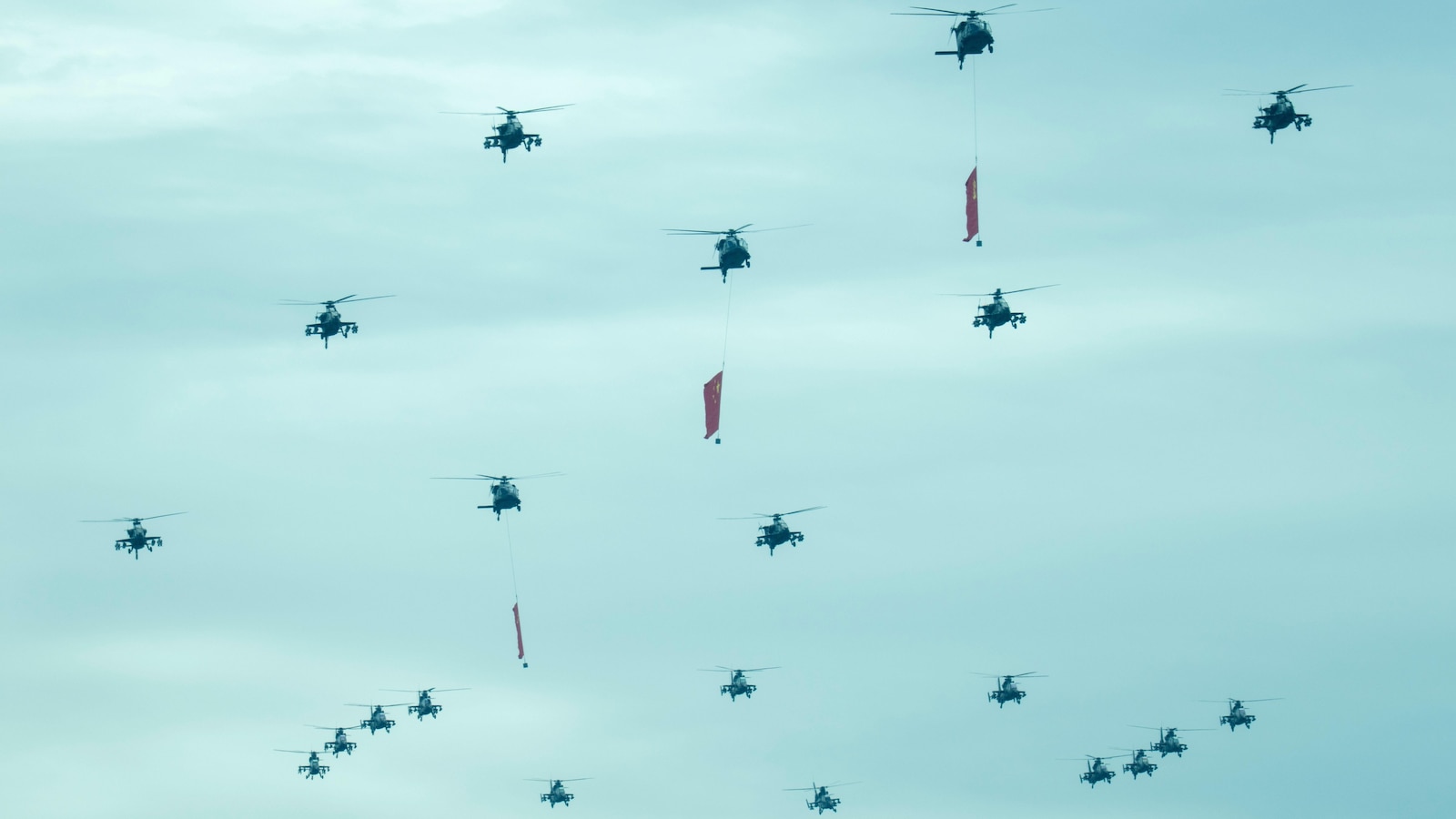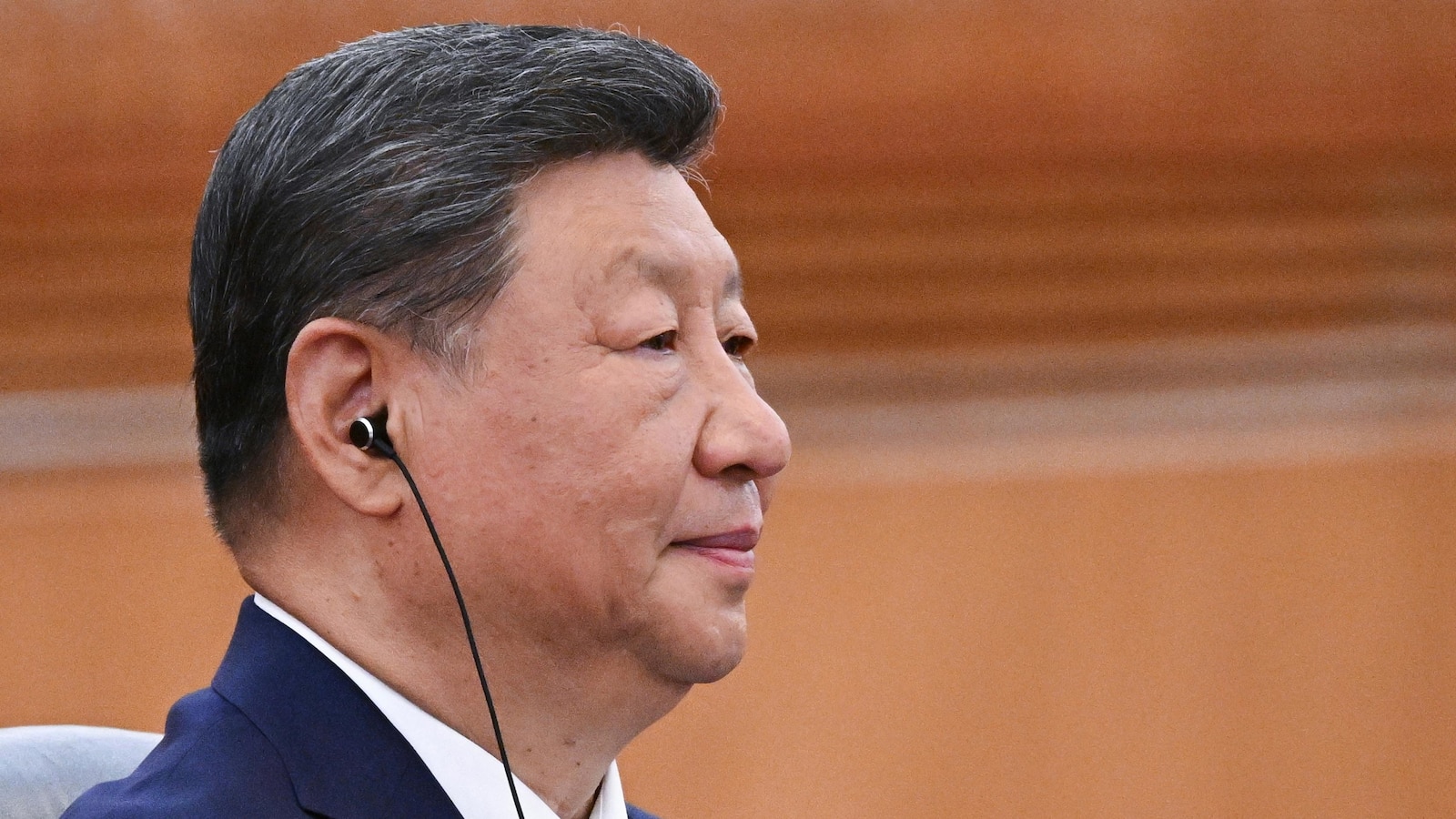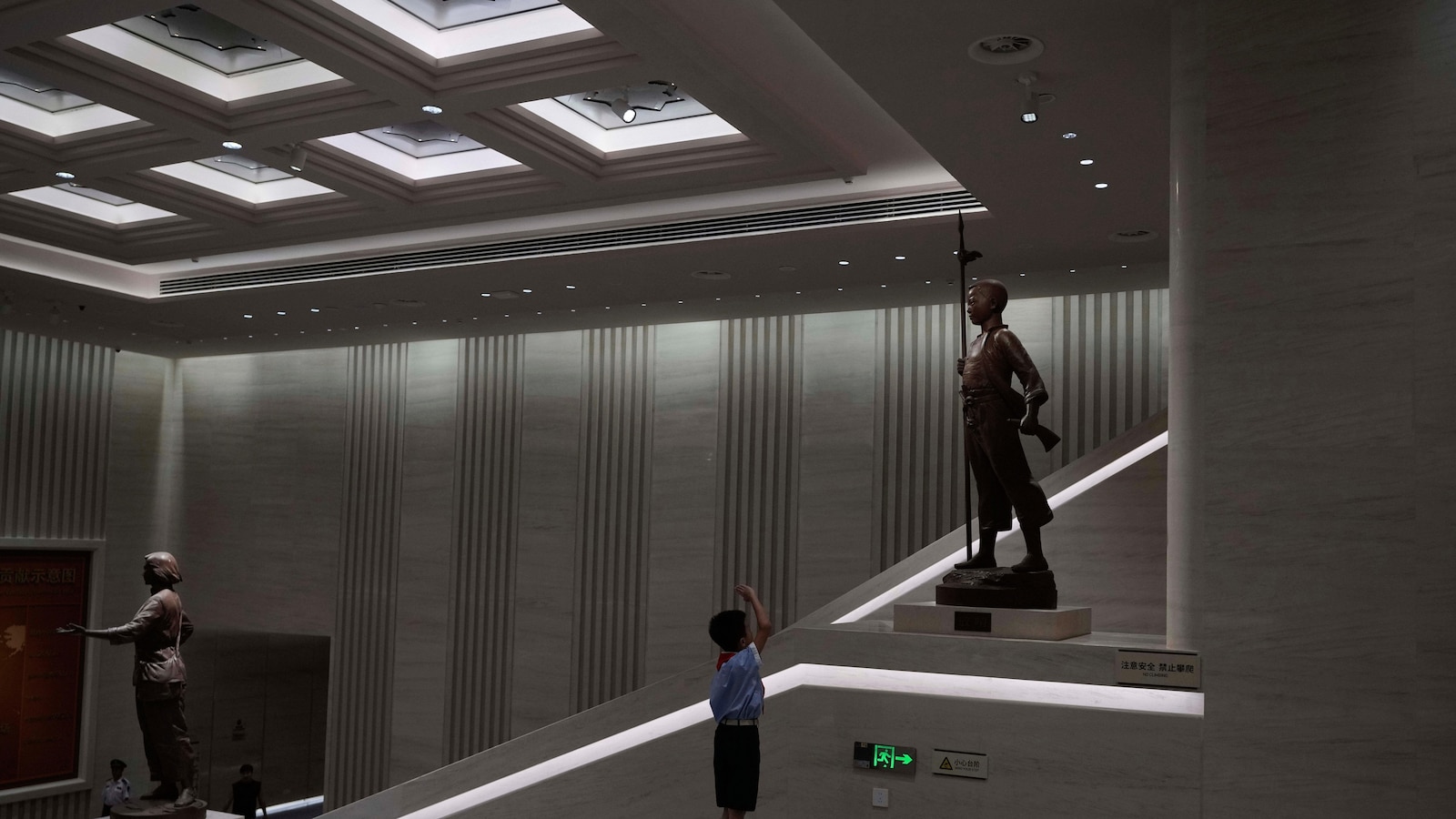China Unveils Advanced Military Might at WWII Anniversary Parade, Solidifying Alliance with Russia and North Korea
China hosted a major military parade in Beijing, showcasing advanced weaponry and solidifying a strategic alignment with Russia and North Korea, attended by key leaders.
Subscribe to unlock this story
We really don't like cutting you off, but you've reached your monthly limit. At just $5/month, subscriptions are how we keep this project going. Start your free 7-day trial today!
Get StartedHave an account? Sign in
Overview
- China hosted a significant military parade in Beijing, commemorating the 80th anniversary of Japan's WWII surrender, showcasing its advanced defense capabilities and growing global influence.
- Chinese leader Xi Jinping, Russian President Vladimir Putin, and North Korean leader Kim Jong Un attended, with Kim making his first major multilateral appearance in 14 years.
- Xi Jinping and Vladimir Putin reaffirmed their "old friend" ties, emphasizing unprecedented cooperation and solidifying economic agreements amidst Western sanctions and global challenges.
- The parade prominently featured advanced weaponry, including hypersonic weapons, nuclear-capable missiles, and drones, demonstrating China's growing military strength and rivalry with the United States.
- This gathering highlighted a strategic alignment positioning China, Russia, and North Korea as an alternative to the U.S.-led world order, despite varying claims of conspiracy.
Report issue

Read both sides in 5 minutes each day
Analysis
Center-leaning sources frame this story by portraying China's military parade as a defiant challenge to U.S. global dominance. They use loaded language, such as labeling participating nations as the "Axis of Upheaval," to emphasize a unified front against the West. This framing highlights the confrontational aspects and the perceived threat posed by these alliances.
Articles (42)
Center (17)
FAQ
The parade commemorated the 80th anniversary of Japan's WWII surrender and showcased China's advanced military capabilities, signaling its growing strength and global influence.
Their attendance highlights a strategic alignment and increased cooperation among China, Russia, and North Korea, presenting an alternative to the U.S.-led global order.
China displayed hypersonic weapons, nuclear-capable missiles, and drones, demonstrating significant enhancements in its military technology.
China and Russia have strengthened economic ties, with China providing support through technology and energy purchases, while political rhetoric emphasizes unprecedented cooperation among the three nations.
Despite cooperation, China remains cautious of North Korea's nuclear ambitions and does not seek a full military bloc alliance comparable to the 1950s, reflecting ongoing complexities in their relationships.
History
- 2M

 20 articles
20 articles
- 2M

 4 articles
4 articles
- 2M

 9 articles
9 articles
